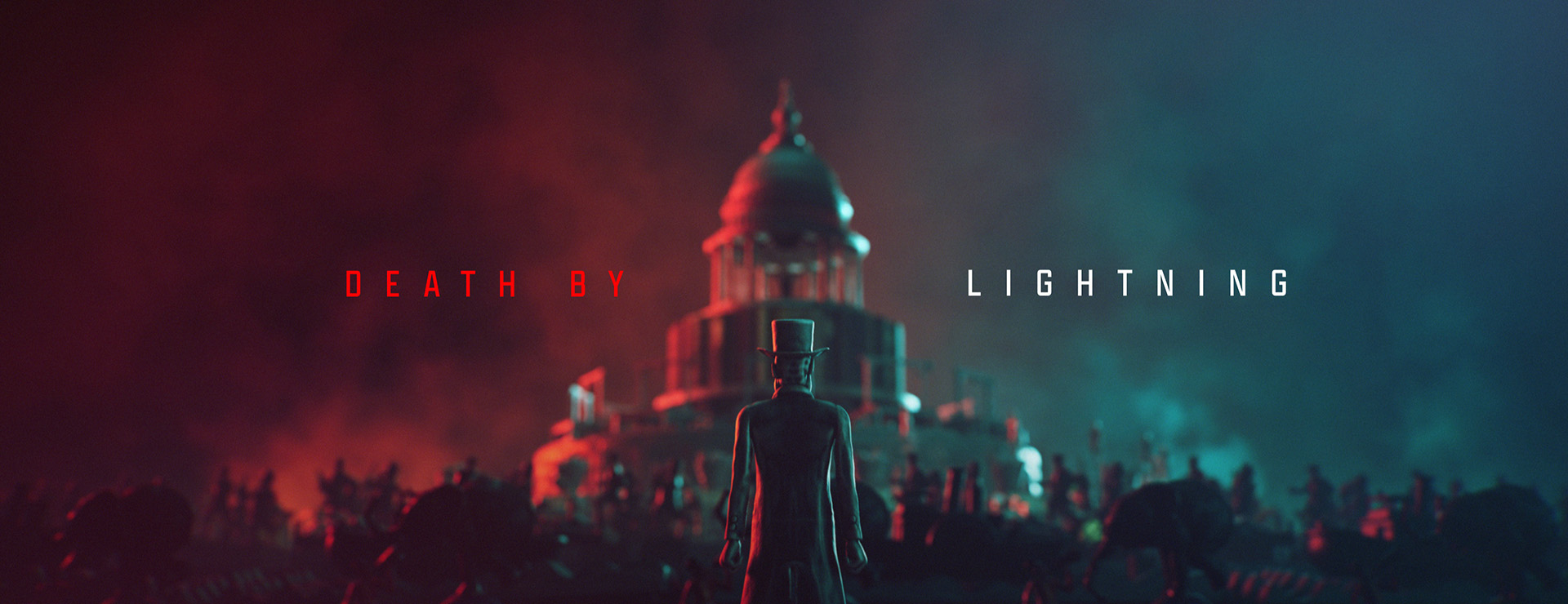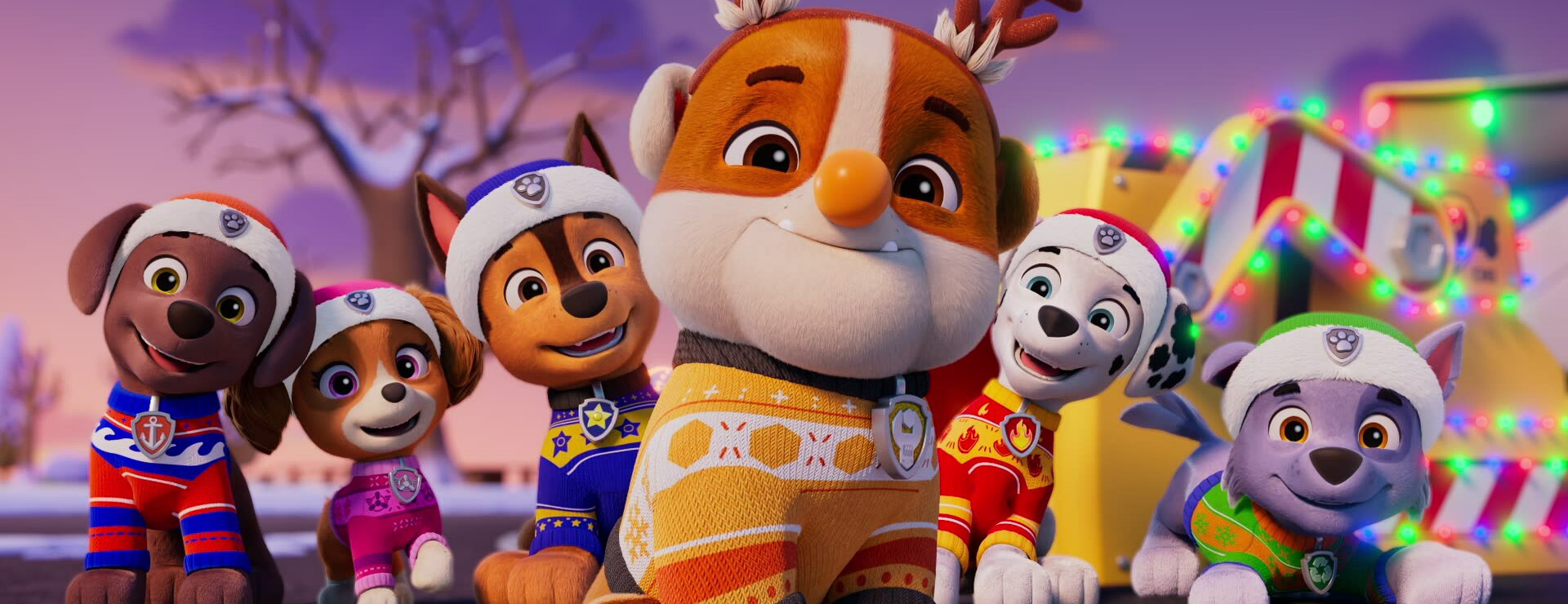Midwest Games CMO Jen Corbett joins Spotlight this week to discuss the Green Bay, Wisc.-based company’s new shadow publishing services support model that responds to the current state of the video game marketplace. Read on to hear how Midwest Games aims to evolve the go-to market process for video game developers.
Spotlight: Can you describe what Midwest Games does? From my reading of it, it sounds like you are a support agency for video game developers, primarily for PC games. Is it common for video game developers to engage this kind of agency to help them with the business piece of this?
Jen Corbett: We are a video game publisher and a publishing services provider. Originally, we started as a traditional publisher in video games, which is like book publishing. We work with developers who create the games, and we help fund and develop the game on the production side and bring it to market, find new opportunities for it and help it succeed with players. The traditional public publishing side is really a partnership, where we invest in the game, and then we share the revenue after it sells. We just launched our new publishing services for hire, which is very normal in other industries, but slightly new to video games. We do all the things that we would do under our traditional publishing agreement, but now you can just hire us for services without a long-term agreement, without giving up your revenue or intellectual property (IP) rights. This is a lot more flexible. We’re trying to give more opportunities to game developers.
Spotlight: What was your reasoning for adding that model?
Corbett: The video game industry has changed a lot in the last few years, especially since COVID, but publishing hasn't really changed along with it. There's so much more competition in the market. I think there's 25,000 games releasing on Steam this year. There's so much competition, there are so many people making games, that there are not enough publisher deals to go around. So a lot of games seek funding on their own, whether it's privately or through venture capital sources or Kickstarter. This new services model, I think, just flexes with the industry.
Spotlight: Is this a new model that you guys are breaking, or is this something that's been emerging?
Corbett: You can find plenty of service providers who've been working in their area of expertise for decades, whether that’s in public relations (PR) or production help or marketing help, but I don't know of any in North America that provide all of that under one team. Video game developers may work with their PR agency and then work with a talent agency, with influencers, and then maybe someone else is helping them bring their game to Xbox or Switch. It’s a lot of management. I think what’s new is that we're doing it so comprehensively.
Spotlight: You said the video game industry has changed a lot due to and since COVID. How so?
Corbett: COVID brought a proliferation of new, more hobbyist developers – people making games on their own on nights and weekends, learning the craft as they go. There's just a wide range of quality in games across Steam, which is awesome, but it does create a lot of releases. I think something like 2% of games on Steam earn 75% of the revenue. There are really clear winners in gaming. The vast majority of games do not succeed. When a lot of the big game winners hit that milestone on PC, that’s when they go to console. And investments in the video game industry have shrunk – there’s so much more investment going into artificial intelligence (AI). A lot of developers, publishers and service providers are finding it hard to get investment in their games.
Spotlight: One of the services Midwest Games offers is marketing. Does your role include overseeing both the B2B (business to business) marketing of Midwest Games as a company and also overseeing the D2C (direct to consumer) marketing of your clients’ games to potential players?
Corbett: We’re marketing our company more on a B2B approach for clients, partners and investors too and then doing all of the player titles as well. We’ve created a really approachable and inclusive brand for Midwest Games following some of the midwestern characteristics – we’re friendly, welcoming and without pretense.
Spotlight: What are some of the business-to-business tactics that you find helpful?
Corbett: We're in the beginning of it, but press has always been really helpful for us. Our founder, Ben Kvalo, is really social on LinkedIn, he offers a lot of hot takes, commentary and good vibes. A lot of it is relationship marketing in which we’re sharing these ideas and conversations with so many folks in the industry, just that word of mouth. Partnership and collaboration work really well for us as well as thought leadership marketing, blogs on our area of expertise, online events, webinars and other free events, where we can have conversations about what we do.
Spotlight: What kind of tactics have you found work well for connecting your games with potential players?
Corbett: With competition in the PC gaming world being so high, it's really different from game to game. We can’t just rely on a set standard of practices. We really do have to test and try new things out for each audience. What usually works pretty well is social media content – posting lots of videos showing off game play across TikTok and Instagram. We participate in a lot of showcases and festivals that many organizations and individuals organize on their own accord just to celebrate games. Steam has a daily deal or a publisher highlight where you can showcase your whole portfolio, and that’s earned to some degree. There are so many passionate people putting together ways to recognize games. Sometimes those are on the Steam platform. Sometimes they're their own showcase on YouTube or Twitch.
Spotlight: I feel like game marketing is much more of a fan- or community-driven forum as opposed to TV marketing, for example. Video game publishers are certainly involved, but it really matters how much the players in the community jump in and take part in that content, as opposed to just receiving the marketing and letting it wash over them. Do you think that’s a correct impression?
Corbett: Attention in the video-game space is definitely earned. Steam as a storefront is algorithmically driven in many ways, and that's earned by the base of traffic. My approach has been to get some of that organic, earned interest and then use some paid to remind folks who have already heard about the title or have piqued their interest in it.
We work with both organic and paid creators. A lot of creators who are growing their channels will reach out and request a copy of the game, and then some of them will play for free. Sometimes we’ll target bigger creators and arrange a paid placement. And then Tiktok and Discord are both really great communities of any type for gamers too.
Spotlight: Were you nervous when it looked like TikTok was going away?
Corbett: Yes, it was a point of concern. We have a team of two people who have put a lot of effort into TikTok and it was really disheartening to think we would lose that momentum and future opportunity. It’s such a great place to showcase games in creative ways. We had to rethink what our content strategy would look like without TikTok.
I think TikTok is where a lot of creativity and trends start -- it’s the most interesting and engaging content. It’s where things spark.
I’m still nervous about it, even if the platform remains. How will it evolve under a new owner? Everything changes with social media platforms all the time. You can’t get too comfortable, algorithms change, content changes, you have to keep going with the flow of where your audience is.
Spotlight: What do you think is done well in the world of video game marketing?
Corbett: It's definitely an industry that really knows its players, respects players’ feedback and wants to give players what they want. It's a passion-based industry, so you see marketing that's just so spot on, or just excites players so much, and sometimes that’s just trailers. Some of the trailers in video game marketing are not just technically great, but hit on some form of narrative or character or gameplay moment that they know are going to completely delight fans. I think when you see community admiration go both ways, that's a really special thing.
Spotlight: On the flip side, what do you think could be done better?
Corbett: I still look at a lot of the community management and some of that is blatantly not meeting players' expectations and thinking they’re going to get away with it. I think when you are lucky enough to have a fervent player base, and you're not delivering a product that meets standard expectations or you are not being transparent in some of your communications and where you went wrong, you need to take a close look at what you’re doing. I think we owe that to players, especially players that you expect to stick around for a franchise or buy multiple products within your title.
One of the bigger mistakes or disappointments I see is developers really underestimating the whole publishing side, which is, of course, what we do. You can put years into developing a game, but if you're not thinking about how you're going to release it, where you're going to release it, how you're going to market it, build a community around it, the whole publishing side – all of that should be a part of your plan as you develop the game. And really for obvious reasons, whether just sheer bandwidth or budget, those things get ignored or underestimated, and it's a real shame to launch a product without thinking of that whole go-to market timeline.
Spotlight: I saw on your website that in terms of partnerships you are currently full up, but then you also just launched the shadow publishing initiative. Is that still the case with you guys? Are you kind of full in terms of partnerships you can support right now?
Corbett: We have two amazing games we're excited to release this year. One is Tombwater, which is like 2D pixel art with an Eldritch horror vibe. And then The Legend of Baboo, which is more of an action adventure, role-playing game about a boy and his dog saving their family. It’s very story-driven and wholesome in some ways. We'll release those later this year, and then work with certain clients more on the services side.
Spotlight: And then, of course, Midwest also just announced its shadow publishing services initiative.
Corbett: Response to that has been pretty great. There's been a lot of intrigue about how this works, and what there is to consider with it. We've gotten a lot of interest from promising games who feel like they've got really valuable IP, and they don't want to give up the revenue or IP rights. They want to hold on to that value, because they predict a long lifespan for their titles. And then we have some clients who are maybe mid to end of production and realizing they need more support in the home stretch.
Spotlight: Last question. What piece of marketing or campaign have you seen lately that you thought was really cool?
I am a cozy gamer that's long-loved the Sanrio universe and have been following the recent release of Hello Kitty Island Adventure on Steam. I loved their simple post on Steam genuinely thanking players for the positive response and offering free in-game gifts in appreciation. The action was very on brand for Hello Kitty, the bestest friend ever, but of course gives users even more incentive to keep playing.















